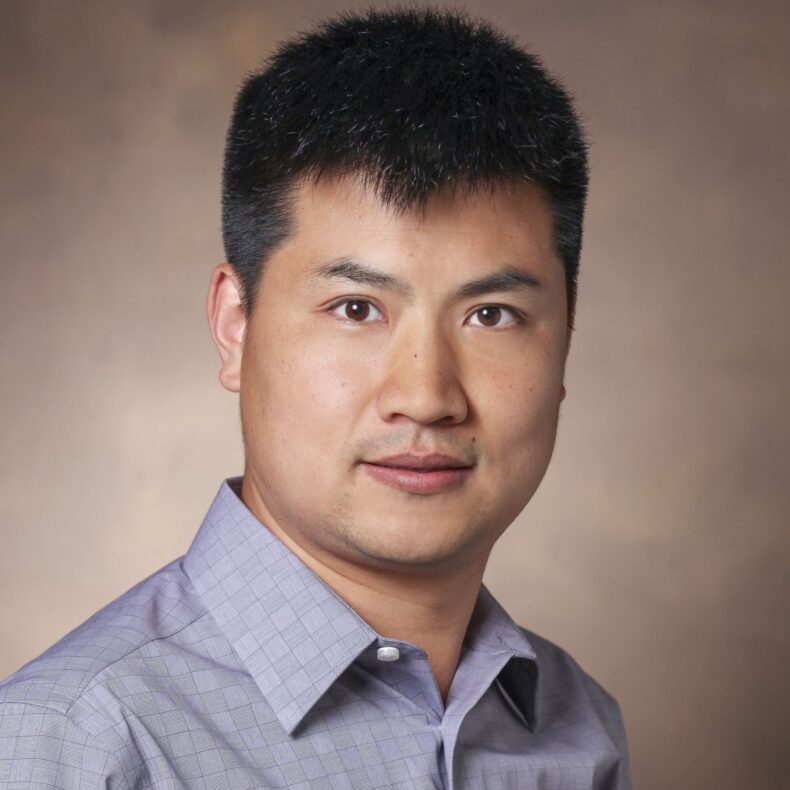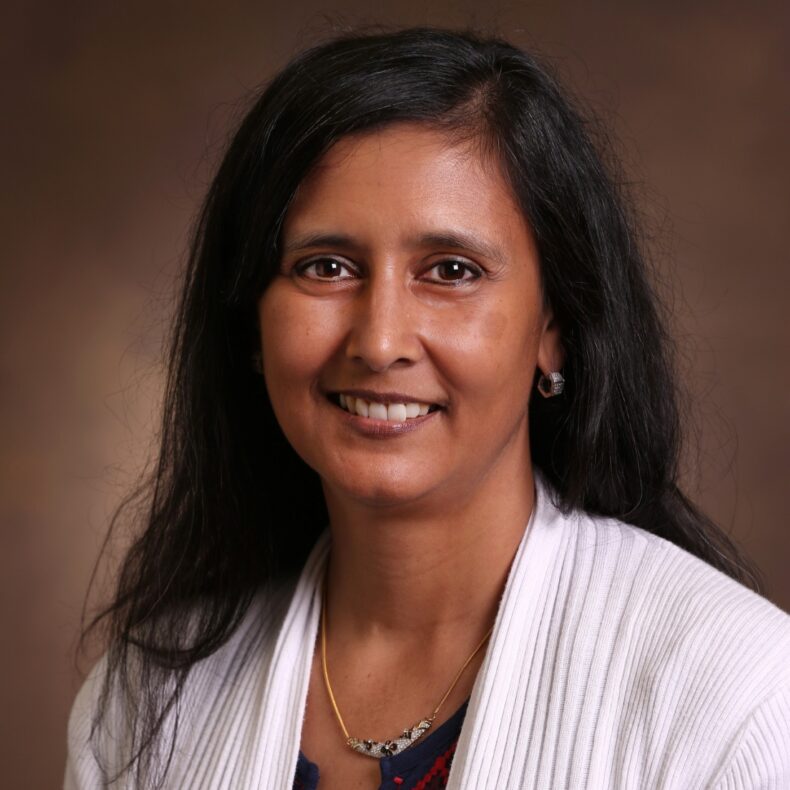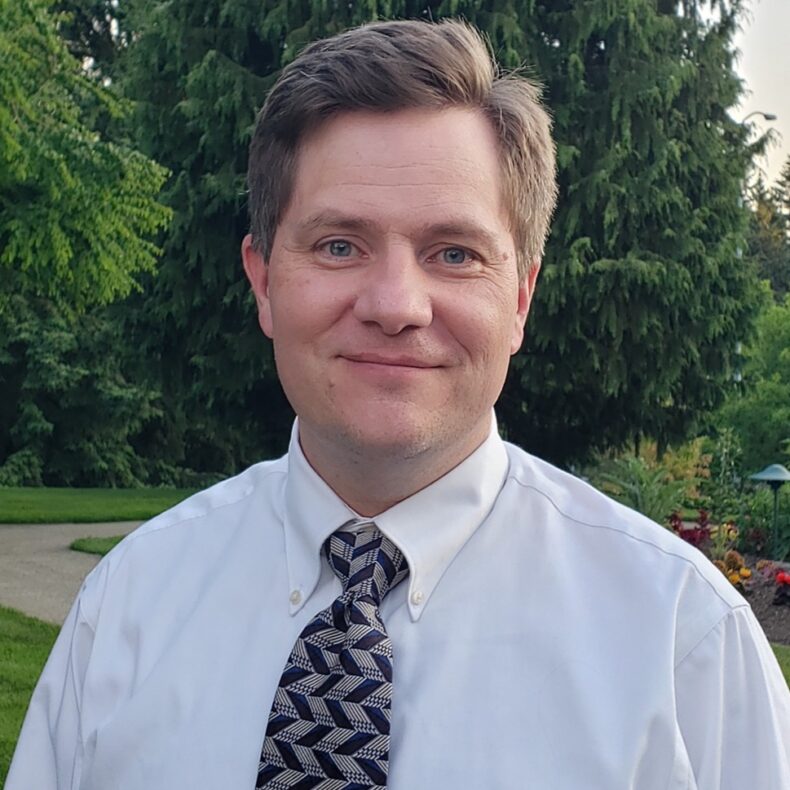Demographic and histologic factors influence risk of colon polyp recurrence
When colorectal adenomas — polyps that can develop into colon cancer — are removed during a colonoscopy, patients look for guidance about when to have another colonoscopy to look for new growths.
Current surveillance guidelines emphasize polyp characteristics, but a new study led by Vanderbilt Health researchers demonstrates that demographic factors also influence colorectal adenoma recurrence. Their findings, reported in the journal JAMA Network Open, underscore the need for surveillance strategies that factor in polyp characteristics and population-specific risk profiles, as well as variation over time.
Colorectal cancer is the second most common cause of cancer-related death in the United States, according to the National Cancer Institute. Removing precancerous polyps during colonoscopy procedures significantly reduces the burden of colorectal cancer. But about 30% of patients who have a colorectal adenoma removed will develop recurrent adenomas, putting them at increased risk for developing cancer.

“The current guidelines for surveillance after polyp removal stratify recurrence risk primarily based on polyp characteristics including size, histology and number,” said Xingyi Guo, PhD, associate professor of Medicine in the Division of Epidemiology and co-corresponding author of the new study. “The guidelines universally neglect demographic variables such as race, sex, family history, age and obesity, and may therefore be inadequately addressing population heterogeneity in recurrence risk and timing.”
The researchers, led by Guo and co-corresponding author Zhijun Yin, PhD, associate professor of Biomedical Informatics, conducted a retrospective cohort study using Vanderbilt Health electronic health records for about 3.5 million patients.

They identified a study group of 59,667 adult patients who had an initial colonoscopy with polyp removal between January 1990 and July 2024, and up to 25 years of follow-up. About 29.5% of the patients experienced adenoma recurrence within five years.
The researchers evaluated associations between recurrence and demographic variables: race and ethnicity, sex, obesity (body mass index greater than 30), family history of colorectal cancer or polyps, and age at time of initial adenoma (younger than 50 versus 50 and older). They examined associations with adenoma features including histology, size, number and dysplasia (abnormal cell structure).
Among their notable findings:
- High-grade dysplasia had the largest association with early (less than five years) adenoma recurrence, but not with mid- (five to 10 years) or late-term (10 or more years) recurrence.
- Villous histology exhibited a biphasic pattern: an early elevation and late-term resurgence in recurrence risk.
- Obesity conferred persistent risk across all surveillance intervals.
- Female patients with high-risk adenomas had marked late-term risk, exceeding male patients.
- Colorectal adenoma recurrence demonstrated distinct heterogeneity over time, rather than constant risk.
The researchers noted that the study cohort’s predominantly non-Hispanic white population (87.2%) may limit generalizability of the findings, and other factors that could affect risk like socioeconomic status and lifestyle exposures (e.g., tobacco and alcohol use, physical activity and diet) were not consistently available in health records and could not be included in the analysis.
“Our findings suggest that both histopathologic and demographic factors show time-dependent associations with adenoma recurrence, supporting a shift toward dynamic and individualized surveillance strategies,” Yin said.
Usman Ayub Awan, PhD, epidemiology postdoctoral fellow, and Qingyuan Song, PhD, computer science and biomedical informatics graduate student, are co-first authors of the JAMA Network Open study. Guo, Yin and Wanqing Wen, MD, MPH, research professor of Medicine in the Division of Epidemiology, are co-senior authors of the study. The research was supported by the National Cancer Institute (grants R01CA297582 and R01CA269589).
The post Demographic and histologic factors influence risk of colon polyp recurrence appeared first on Vanderbilt Health News.




